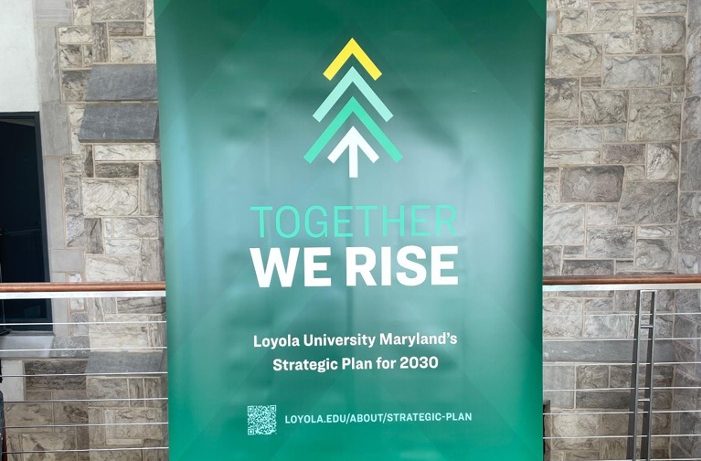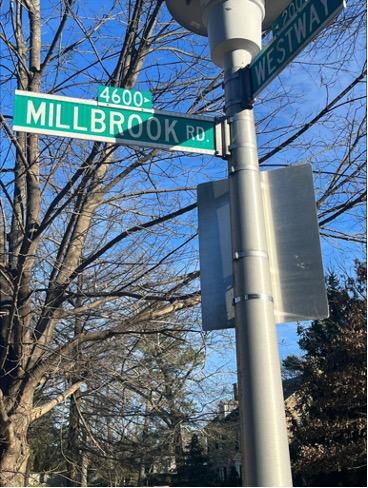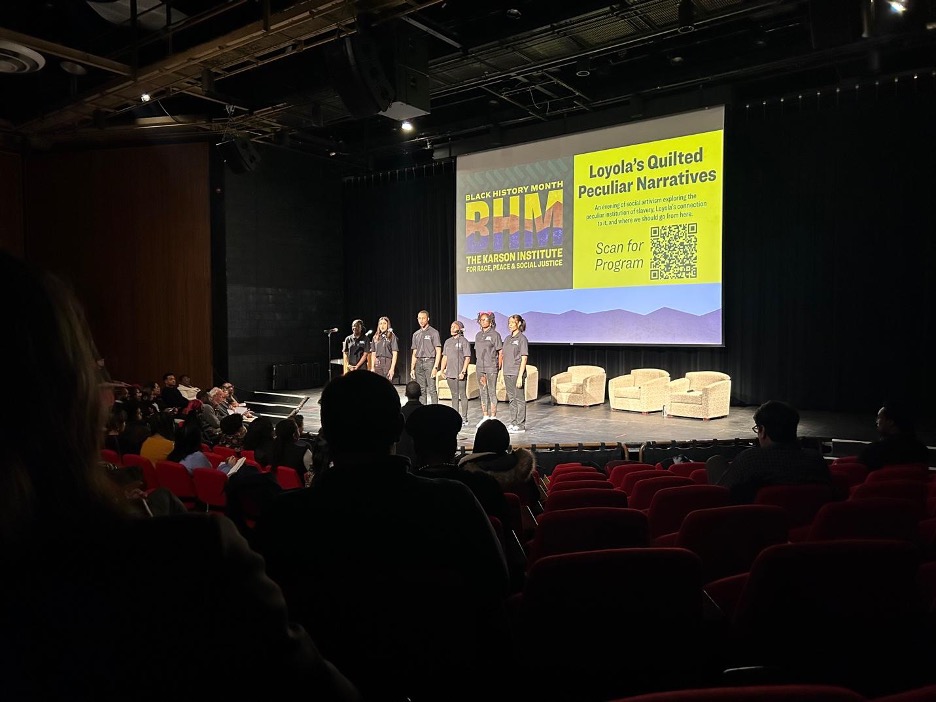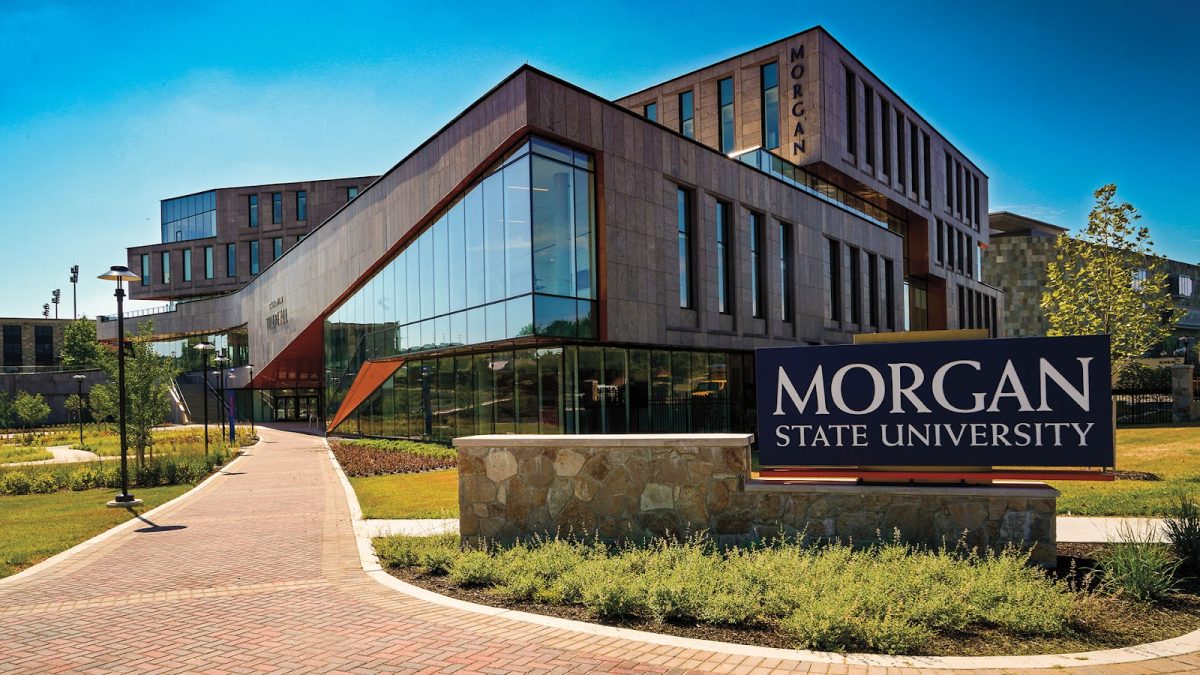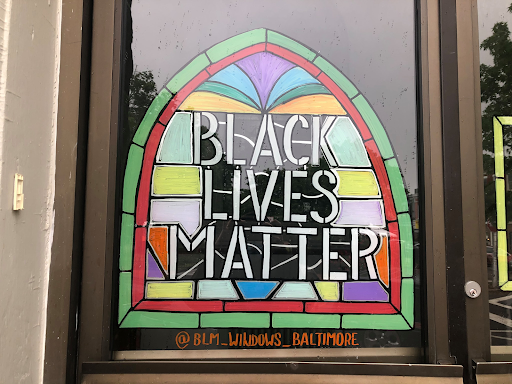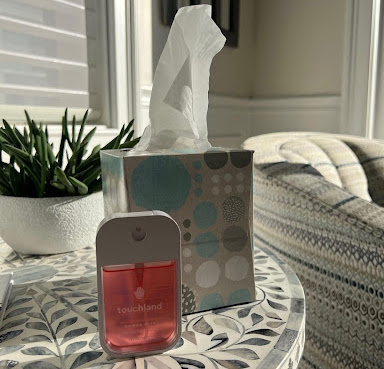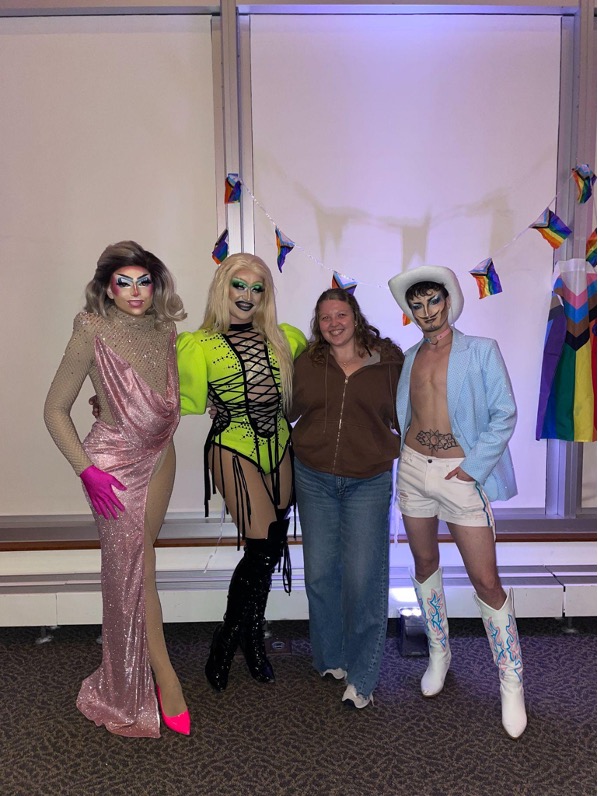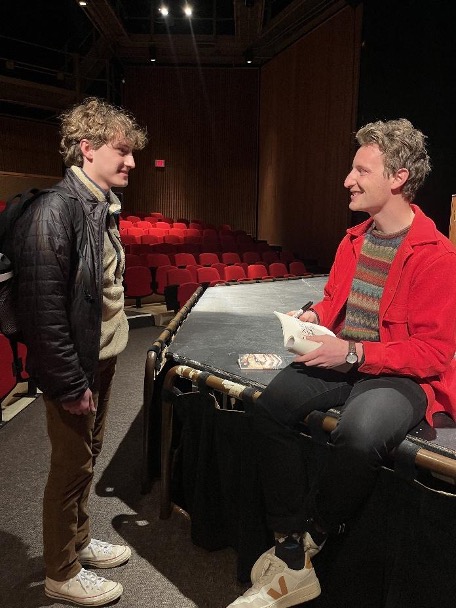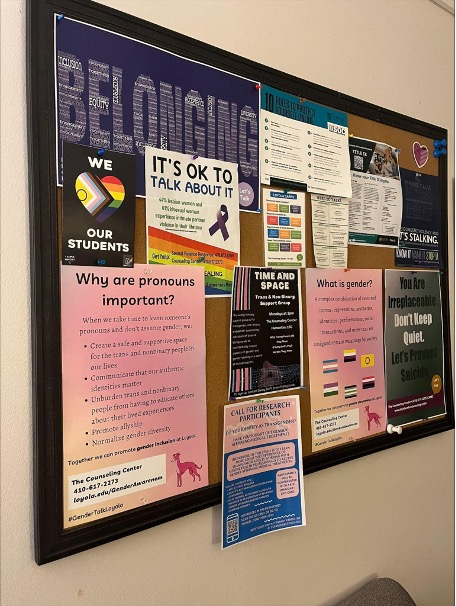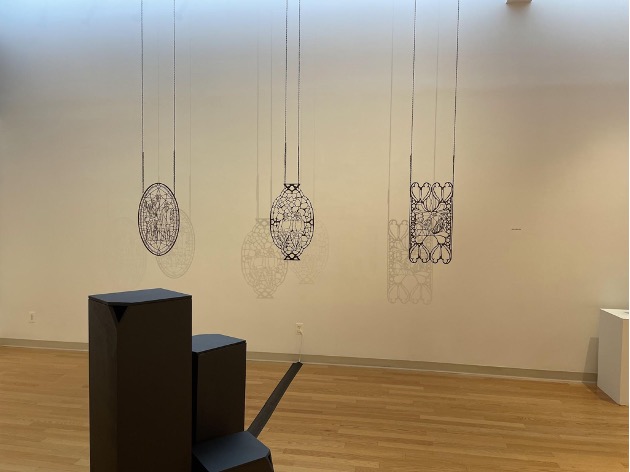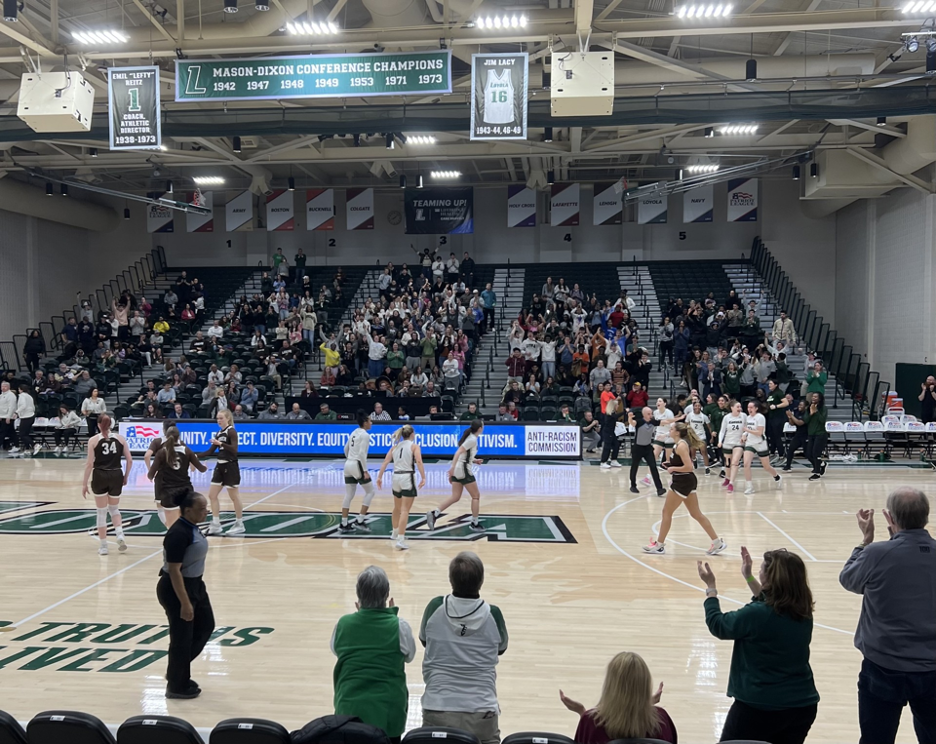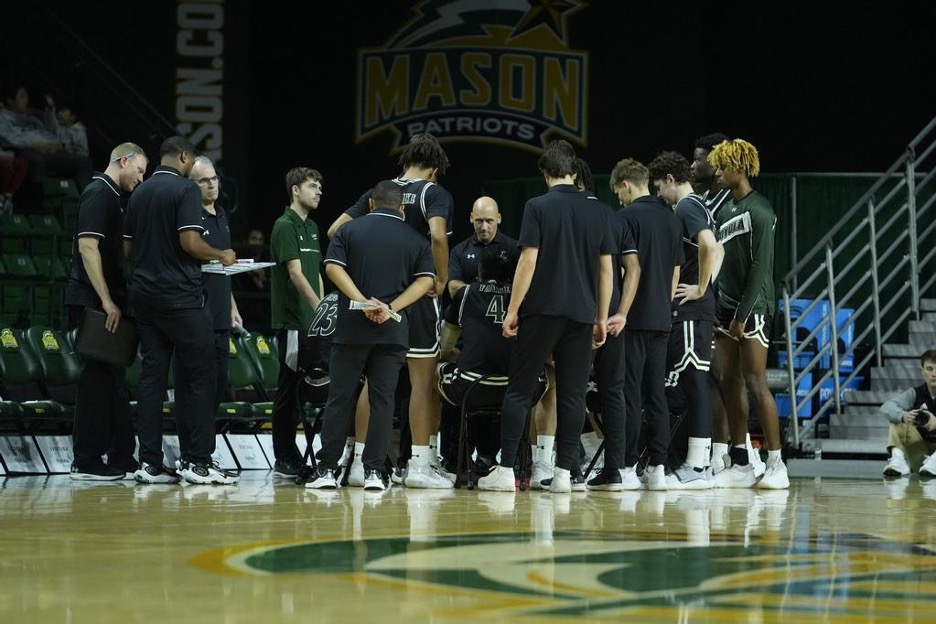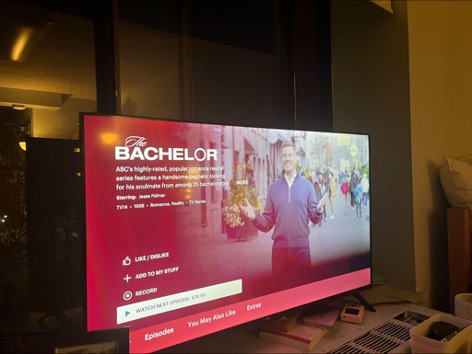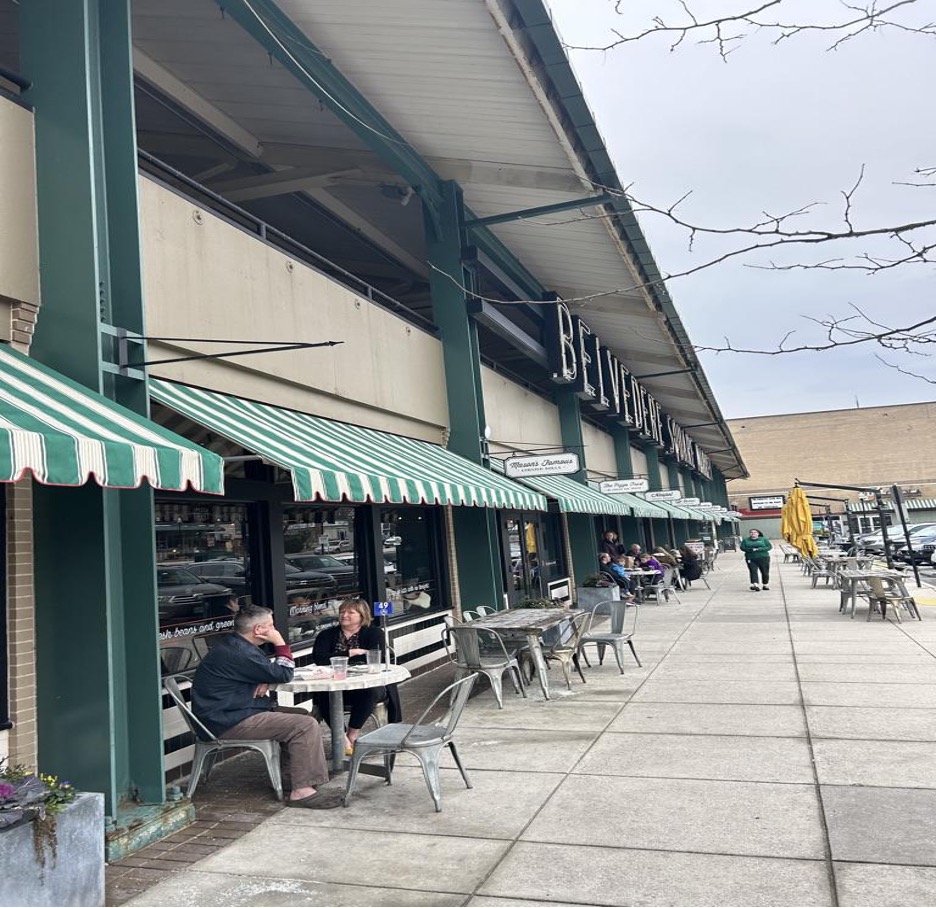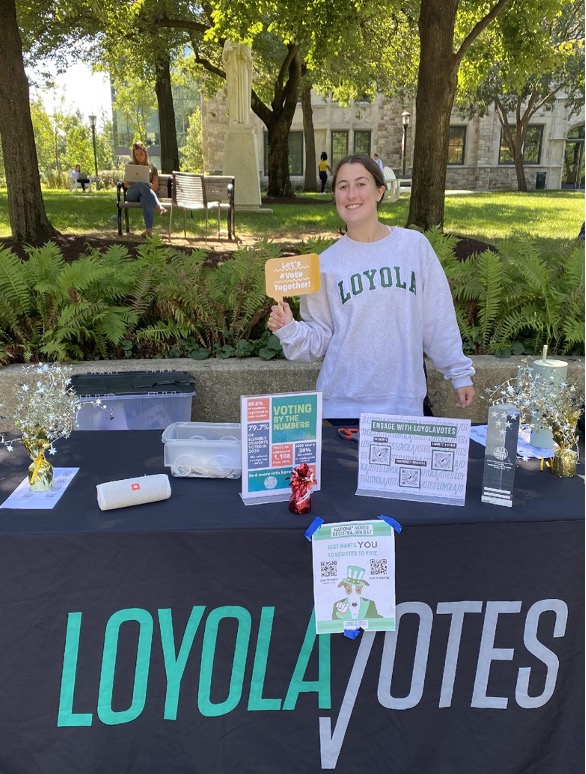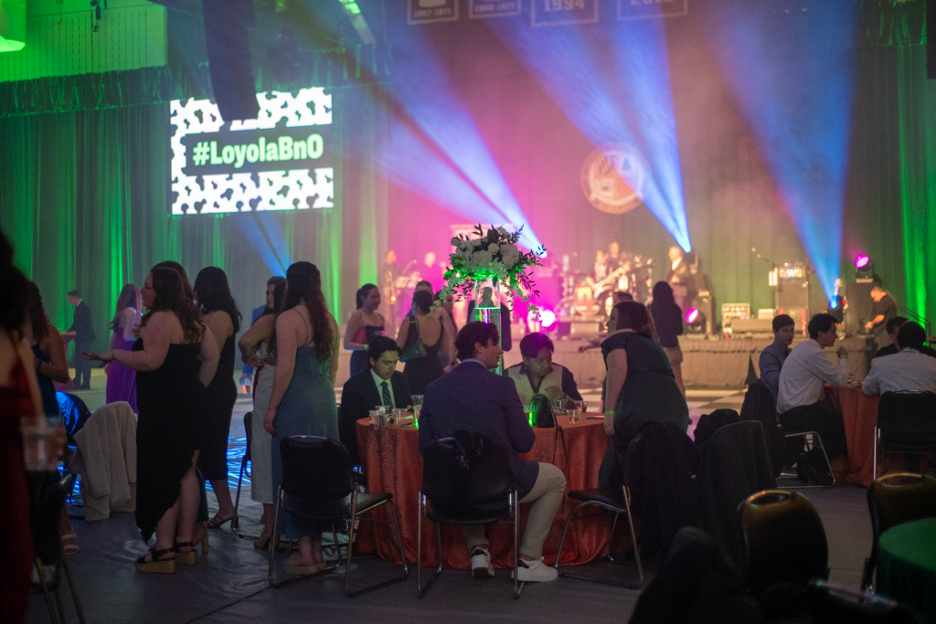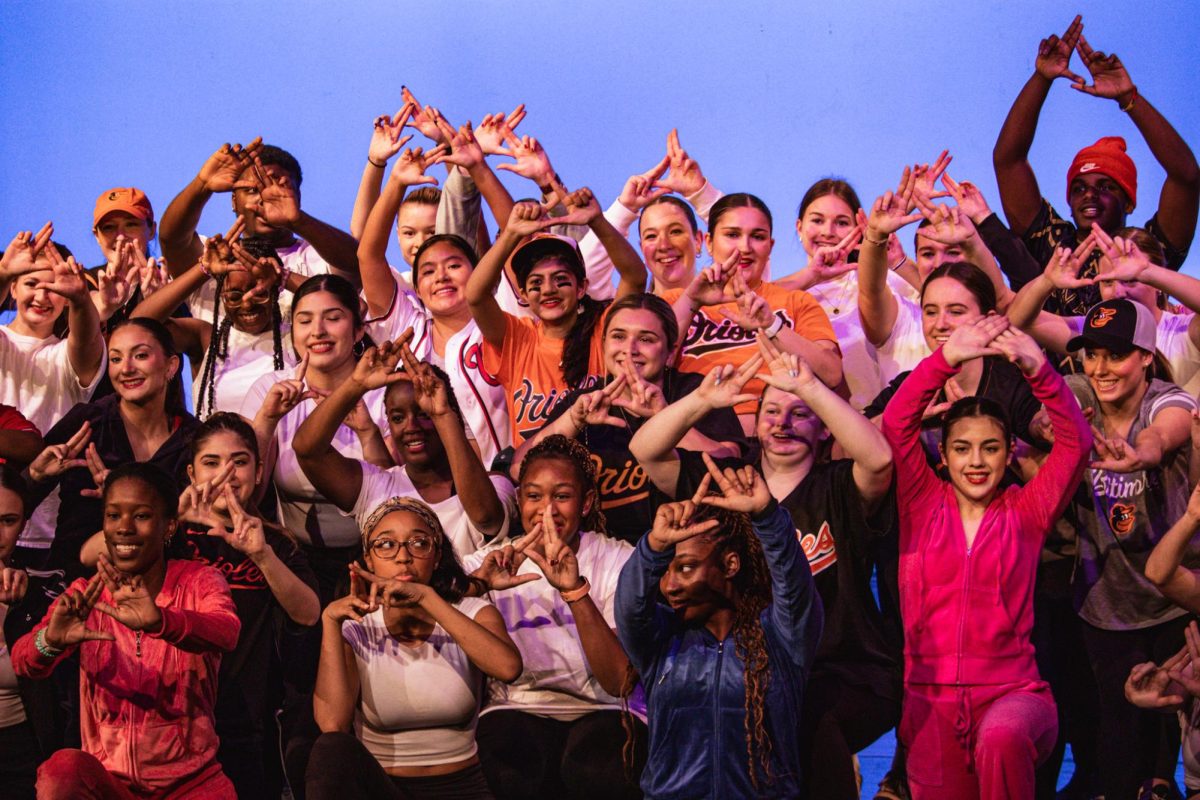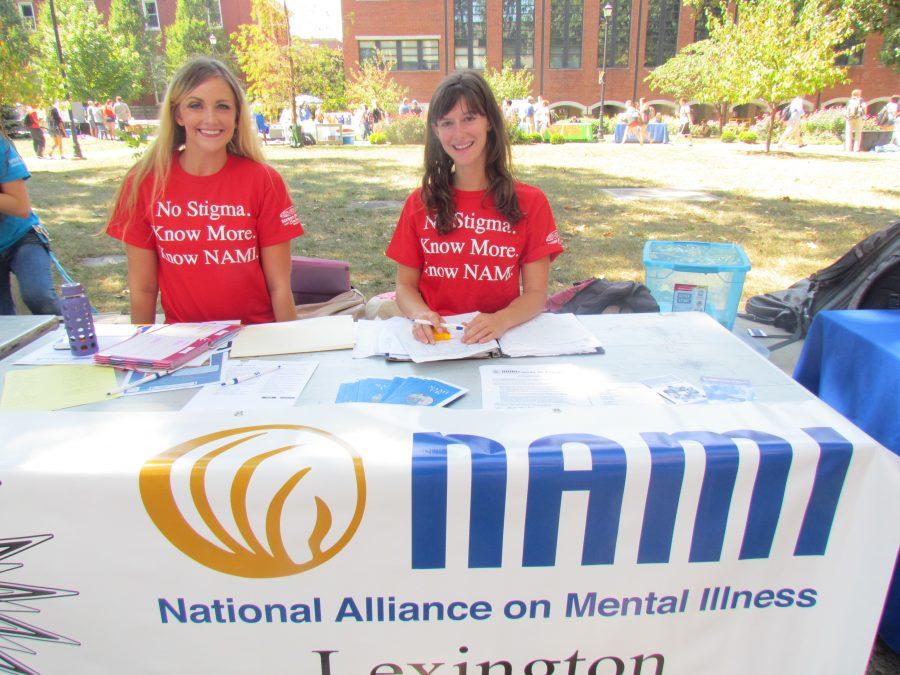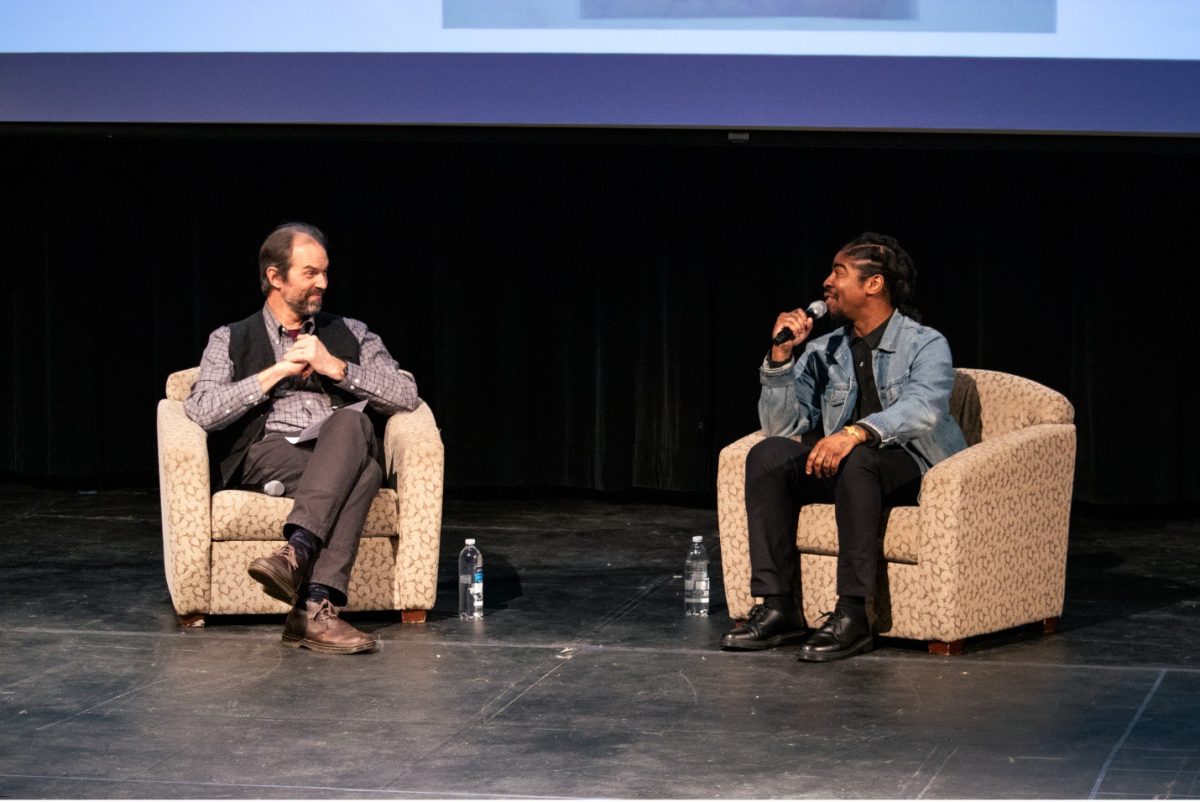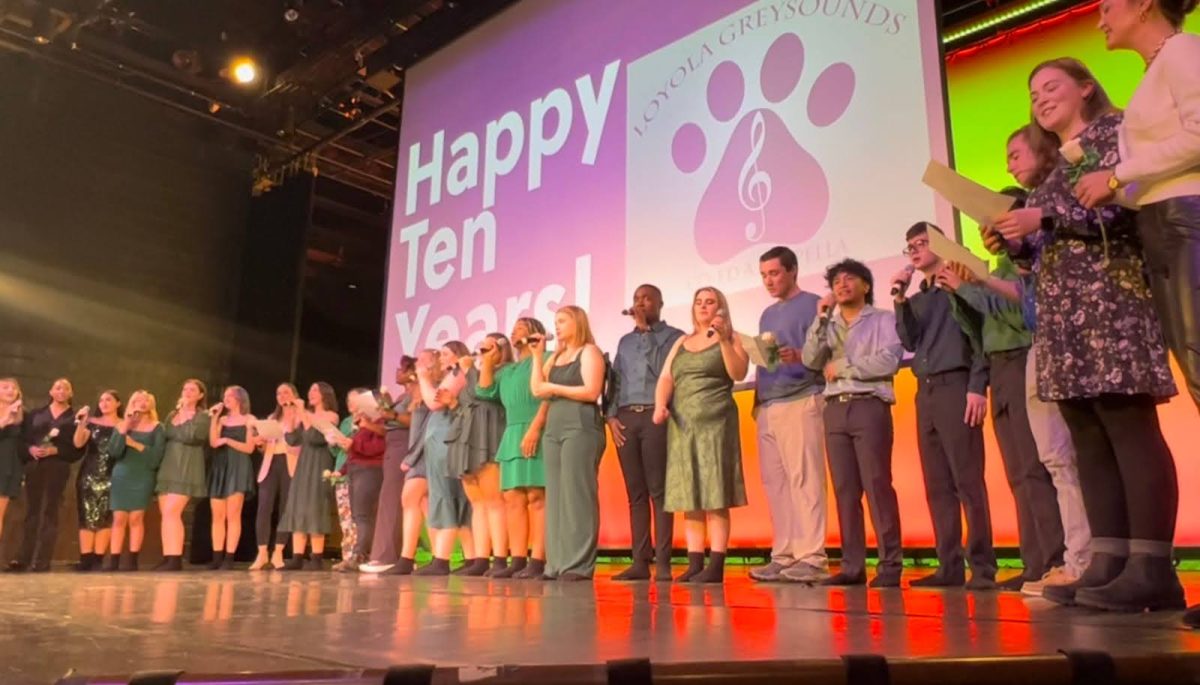On Thursday, Oct. 27, Loyola’s Active Minds chapter hosted a lecture by the National Alliance of Mental Illness (NAMI), the biggest non-profit grassroots mental health organization in the country. Active Minds is a nationwide organization with chapters across college campuses dedicated to changing the conversation about mental health. Like Active Minds, NAMI aspires to erase the stigmas surrounding mental illness.
Hannah and Phil, two representatives from the local NAMI Metropolitan Baltimore office, shared their personal experiences with depression and anxiety. They played a video describing the stages victims experience when suffering from a mental illness.
The first stage is entitled “Dark Days.” The video goes on to show the struggle of several victims of serious mental disorders. For victims of major depressive disorder, dark days can start happy and end abysmally.
Phil, who has depression, shared that it could be described as having an angry voice inside: abusive, relentless and waiting to be heard. The overwhelming feeling of those in their “dark days” is loneliness and hopelessness. It is crippling, both physically and emotionally.
The second phase of struggling with an illness is “Acceptance.” One positive resource to have during this time is a friend – someone to confide in and be open with. The feeling of struggling alone is significantly decreased when surrounded by people who show they care about your well-being.
For some, simply seeking out professional help is enough. Receiving a diagnosis helps to validate one’s feelings, which in turn provides that person with more support. Their illness is taken seriously, and can be properly paid attention to and potentially cured, or reduced in symptoms at the very least.
Hannah noted that there must be acceptance by the people around the individual struggling with a mental illness, but more importantly there must be acceptance within person, too. A person is not defined by a diagnosis, and when that idea is accepted, love and recovery can flourish.
The final stage is “Treatment.” While medication can reduce symptoms in some people, for Phil, it hindered progression. Ending his drug treatments actually simultaneously ended his first experience with depression.
There are also more mainstream forms of therapy, like cognitive behavioral therapy. This is an approach that aims to change peoples’ thought processes and perceptions in terms of how they experience depression or anxiety. Additionally, there are alternative therapies, like acupuncture or reflex therapy. They are significantly cheaper and a great way to remove physical stress or strain on the body.
As an ending note, Phil and Hannah described their experiences of working with NAMI as positive ones. Being on the staff is highly rewarding for them. It is a friendly environment with a shared interest of bettering the lives of everyone suffering from a mental illness. There is a lot of outreach, and they are welcoming to anyone who walks through the door. The NAMI Baltimore office is a seven-minute drive right down York Road for both counseling or volunteering.
Feature Image: University of Kentucky Photo, Courtesy of Flickr




